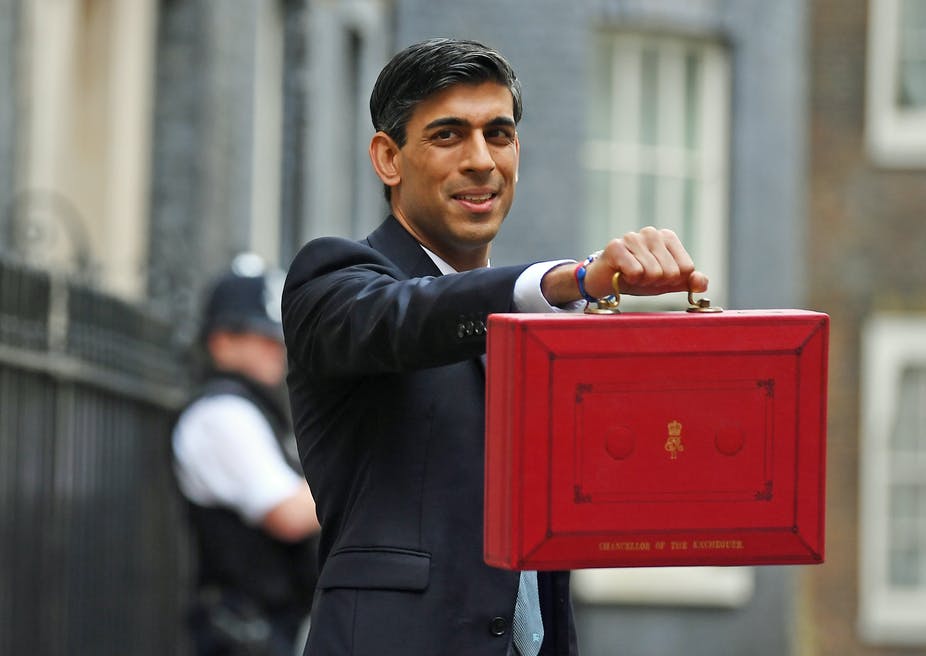The following article is shared from AccountingWeb.com. It’s excellent information regarding the childcare voucher scheme. If you have any queries about these issues, or any other payroll-related matters, don’t hesitate to get in touch. We’re here to help!
The government has announced a surprise decision to extend the salary sacrifice childcare voucher scheme (CCV) for six months. However, a leading payroll expert has criticised the changes for coming too late and for being inadequately communicated and warned that the delay could add complexity for those who have already put measures in place.
The initial decision to scrap the childcare voucher scheme was made to make way for the government’s tax-free childcare (TFC) scheme, which was introduced from April 2017.
However, Labour MPs forced a vote in the House of Commons last week on the issue after activists raised the possibility that families would potentially have to pay some childcare costs upfront. The Democratic Unionist Party, which usually votes with the Conservatives, also voiced opposition to scrapping the scheme.
In a statement at the end of the debate, education secretary Damien Hinds said: “I have heard the concerns raised about this, and about the timing, and I can confirm we will be able to keep the voucher scheme open for a further six months to new entrants following representations that she has made.”
Responding to the news, Jacquie Mills, the Chair of the Childcare Voucher Providers Association (CVPA), said her organisation was “delighted” with the news.
“We are pleased that the government has delayed the closure of the scheme for six months and we hope that this will allow them to realise the benefits of giving parents a choice and lead to a permanent running of both schemes.”
Changes ‘welcome’, but badly communicated
Reacting to the news, payroll expert Kate Upcraft told AccountingWEB that while the news was welcome, the decision has been made too late and has not been well communicated.
“We’ve had one bit in [official parliamentary report] Hansard, Childcare Choices have sent a statement out which doesn’t give enough detail, but it just hasn’t been properly communicated,” said Upcraft.
“It’s not as simple as saying ‘it’s still open now’” said Upcraft, “as on a practical level employers may now need to rewrite policies, issue communications and change intranet sites, among other things.
“I just think it’s sad that nobody understands or even cares to ask the practical the impact of these things.”
Additional time for employers
While employers can withdraw the voucher scheme at any time, that has an implicational cost for the employer because there are huge savings in offering salary sacrifice.
The Association of Taxation Technicians (ATT) encouraged employers to use this time to explore the potential benefits of providing vouchers to their employees.
From an employer perspective, childcare vouchers may be preferable to their intended replacement, tax-free childcare (TFC). Where childcare vouchers are provided under salary sacrifice there will be a class 1 secondary national insurance contribution (NIC) saving for the employer of 13.8% of the salary surrendered. By contrast, TFC provides no NIC savings for employers or employees.
However, Yvette Nunn, co-chair of ATT’s technical steering group noted that unlike TFC, childcare voucher schemes have to be run by an employer, and that gives rise to some extra administration and costs.
“We recommend employers who are in a position to do so, to use the extra time given by the Government’s announcement to consider the implications of the alternatives of childcare vouchers and TFC for both themselves and their employees,” said Nunn.
Forgotten groups
Payroll expert Kate Upcraft also raised the point that there are two groups that seem to have been forgotten about by the announcement.
“There are employers who offer vouchers on top of salaries, so there is no salary sacrifice involved. Then there are those that offer directly-contracted childcare where there isn’t a voucher system, either by salary sacrifice or on top of salary and pay the childminder directly from the business, and that’s also subject to the same exemption,” said Upcraft. “There’s no mention of whether that will be allowed to continue over the next six months – it’s just not even been referenced.
“It’s all a bit shambolic, to be honest,” continued Upcraft. “There’s no requirement for the government to provide any adequate guidance about legislative changes, just if we don’t know about them or get them wrong we get penalties and compliance action. It’s a pretty uneven relationship one way or another.”
_____________________
Don’t forget that if you have any queries about these issues, or any other payroll-related matters, we’re here to help! You can get in touch with our Payroll team on 020 8530 0720, or email paula.w@nordens.co.uk.
You can read the original article here.



































































































































































































































































































































































































































































































